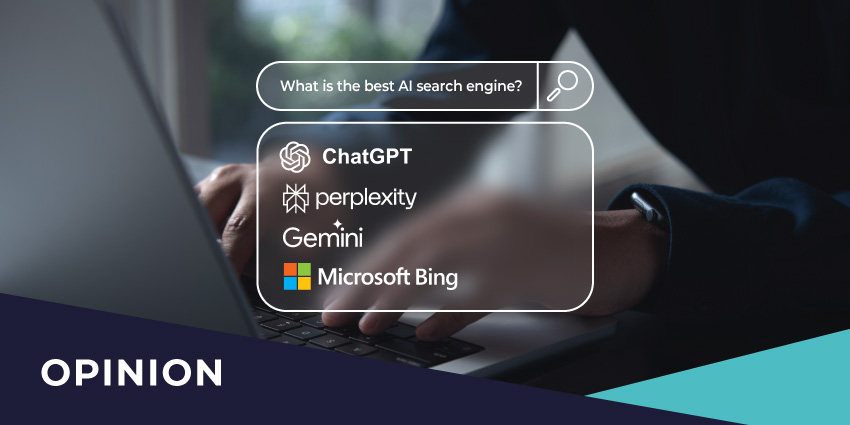We’re witnessing a seismic shift in the world of search, one that has the potential to upend digital publishing as we know it. AI-driven search engines like ChatGPT Search are redefining how users access information. Instead of clicking through to web pages for answers, people are increasingly relying on AI to serve up instant, detailed responses. The implications for publishers who’ve relied on click-based traffic are nothing short of transformative—and, for some, terrifying.
The Decline of Click-Based Revenue Models
For years, the formula was simple: high-quality content + SEO = clicks = revenue. Advertising models thrived on the number of eyeballs a website could attract, and publishers played the SEO game to rake in clicks and, consequently, ad dollars. But in a world where AI can provide instant answers, who needs to visit a website anymore?
Imagine a potential future where AI search engines dominate. A user asks, “What is the best unified communications platform?” Instead of directing them to a comprehensive article from a trusted publication like UC Today 🙂 the AI delivers a succinct, satisfying answer right there. Sure, it might cite the source, but let’s be real: How many users will actually click through? The AI has become the gatekeeper, and with each answer it provides, another click slips away…
For many publishers, fewer clicks mean plummeting ad revenue. Traditional models could crumble, forcing a desperate scramble to find alternative ways to monetize content. This is a major reckoning, and only the fittest will survive.
Rethinking Monetization: Subscription Models as the New King?
If click-based revenue is dying, where do publishers turn? Enter the era of exclusive, premium content. Subscription models, once considered supplementary, may soon become the main event. The New York Times and The Washington Post have already paved the way, proving that audiences are willing to pay for high-quality journalism. But here’s the catch: The bar for content has never been higher.
With AI search siphoning off casual, information-seeking readers, publishers must double down on delivering content that AI simply can’t replicate. We’re talking about in-depth analysis, investigative pieces, industry insights, and content that creates an experience beyond a simple Q&A. Paywalls, newsletters, and membership models could dominate, turning loyal readers into paying subscribers who value the exclusivity and depth of what’s on offer.
Survival Tips for the AI Search Era
- Create High-Quality, Exclusive Content: Publishers need to focus on content that can’t be reduced to a single paragraph or simplified answer. Think detailed reports, interviews, expert opinions, and in-depth case studies. Value-add is the name of the game.
- Build Direct Relationships with Your Audience: Relying solely on organic traffic is a thing of the past. Publishers must engage with readers directly through newsletters, social media, and community-driven platforms. Create a brand identity so compelling that audiences come straight to you, bypassing the AI middleman.
- Consider Subscription Models and Membership Tiers: People will pay for quality. But don’t just put up a paywall and hope for the best. Offer real value, whether it’s access to exclusive content, invaluable insight, or community perks. Give your audience something worth investing in.
The Reality Check
While it’s easy to sound alarmist about AI’s impact, the silver lining is that publishers have always been adaptable. The move to digital, the rise of social media, the Google algorithm updates—every shift has prompted a recalibration of strategy. AI search is the next great challenge, and it will separate the innovators from those stuck in the past.
The traditional click may be on its way out, but those who embrace change and prioritize quality, exclusivity, and genuine audience connections will find new paths to success. AI can answer questions, but it can’t replace the unique human experiences and perspectives that top-tier content brings to the table.
The time to rethink and reinvent is now. Are you ready for the AI search revolution?








